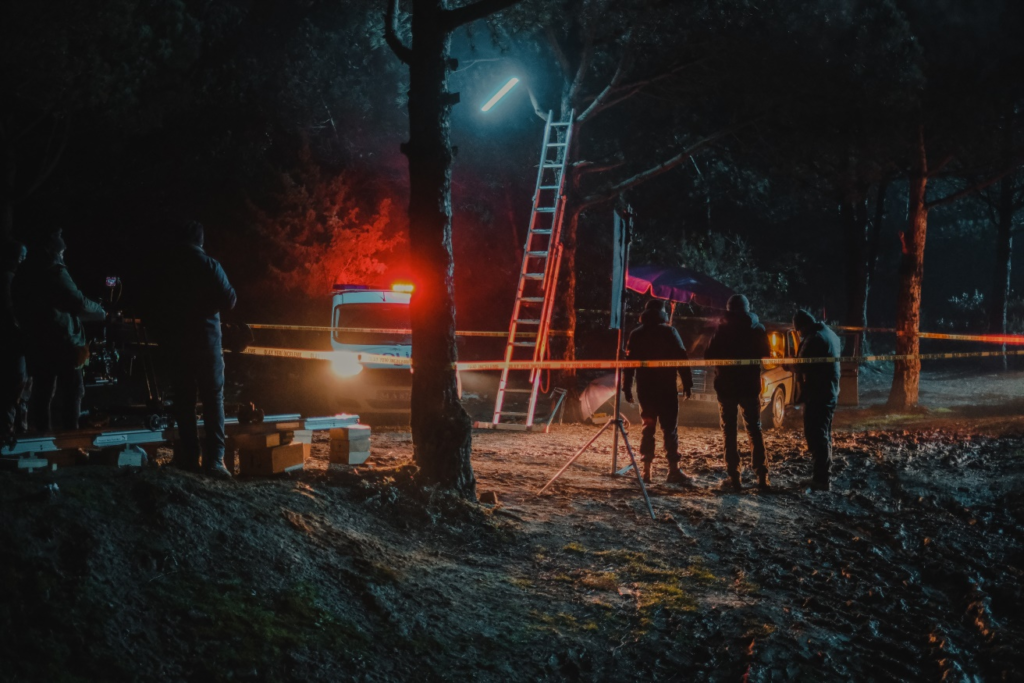
- admin
- March 21, 2022
- 12:42 pm
- No Comments
Top 4 Police Mistakes in Criminal Investigations
Criminal investigations proceed in various ways and are based on the crime that has been committed. An investigation into a DUI differs from an inquiry into a 911 call. The process can begin with the following steps:
- A police stop, often for traffic offenses or a police pursuit.
- An eyewitness or victim of a crime makes a statement to the police.
- Police officers are on the scene of the crime.
A cop must follow established protocols for criminal cases irrespective of how the inquiry begins. These protocols specify how a crime scene should be marked, how evidence should be gathered, and how you can preserve it. But, during criminal investigations, authorities frequently make mistakes that impact the evidence’s credibility. One shortcoming of the judicial system is county police blunders, which result in the wrong person being prosecuted. These errors can be deliberate or unintentional, but they all have the same effect.
 Police mistakes can compromise the attorney’s claim against the defendant, leading to the charges being dropped or lowered to a less serious charge by taking a plea deal. Investigational mistakes can lead to someone being wrongly accused of a criminal offense or a criminal getting off easy.
Police mistakes can compromise the attorney’s claim against the defendant, leading to the charges being dropped or lowered to a less serious charge by taking a plea deal. Investigational mistakes can lead to someone being wrongly accused of a criminal offense or a criminal getting off easy.
If you have misdemeanor charges or a criminal offense of any sort, it’s critical to understand what mistakes a county police officer might’ve made during the investigation. Even if you’re guilty, these errors can form the basis of a solid defense strategy. Here are some common mistakes that occur during a criminal investigation.
Inability To Properly Secure The Scene Of The Crime
There is a lot of evidence at the crime scene that points to the perpetrator. Police officers are educated to recognize the limits of a crime scene and the people who have access to it. The entrance of external items that could compromise the investigation is prevented by preserving a crime scene. A well-preserved scene will undergo little to no tampering, ensuring that it is left in the same condition as when the culprit left it.
If there is failure to secure the scene by a county police officer, it can be subjected to the following:
- Evidence inconsistency
- New evidence such as hair, fingernails, and footprints can get lost or mixed up with other new materials.
- If a cop fails to preserve the scene and carelessly touches objects at a crime scene, the prints of the criminal may be erased or smudged.
To avoid such issues in the future, the detectives should:
- Lockdown the crime scene, which would mean removing all the witnesses and suspects.
- Create a boundary line with police tape so only police officers can cross it.
- Creating a contamination path that controls the elements introduced into the crime scene. The police officers must note any spots where victims or other individuals at the crime scene have walked or touched. This will reduce the chances of alterations that other people can make.
 Failure To Gather Evidence Properly
Failure To Gather Evidence Properly
Understandably, a crime scene investigation will have various pieces of evidence that need to be gathered. Some of them are:
- Blood
- Hair
- Skin cells
- Gun residue
- Drugs
- Weapons
- Fingerprints
When officers gather evidence or photograph it, they must appropriately store and preserve it to avoid contamination, loss, or damage. If they don’t, lab tests may come back inconclusive or incorrect. The evidence that could lead to a conviction or be used to prove someone innocent can potentially be lost. Here are some typical police blunders:
- Inability to keep a chain of custody
- Not properly storing the evidence
- Not properly closing the box or mislabeling the evidence
Failure To Maintain the Chain of Custody
From the time evidence is obtained until submitted as evidence to the court, the county officers retain the right chain of custody. When these civil service workers make mistakes in this process, the evidence’s credibility may be called into doubt, or the evidence may be lost entirely.
Improperly locking or preserving the evidence, failing to document the place where the evidence was obtained, failing to prevent tampering, and failing to control who is permitted to handle the evidence are all examples of usual chain of custody failures. If this chain is broken, the judge may declare that the information can’t be utilized against the defendant in their case. The charges could be dropped if the evidence is critical to the case.
Violating Constitutional Rights and Misreading Miranda Rights
When a suspect is arrested, the police, the police must read them their Miranda Rights. This also provides the essential information to the person:
 The person has the right to remain silent.
The person has the right to remain silent.- They will be held accountable for any statements they make.
- They can get an attorney while being questioned, and if they can’t get one, they’ll be appointed one.
However, while questioning individuals, the county police officers don’t always inform them of their constitutional rights. They also interrogate them after the suspect declares their right to remain silent or consult a lawyer. To stop a person, cops must have reasonable belief and cause to examine or detain them. They should also have a search warrant to search the premises or arrest the individual. These are fundamental rights constitutionally guaranteed. Along with infringing on detainees’ rights, cops also commit the following mistakes:
- Obtaining a search warrant by falsifying or inflating evidence against a subject.
- In a warrant issued, failing to specify the goods to be seized.
- Looking for evidence when it isn’t mentioned in the warrant.
The last thing you want is to make mistakes during a criminal investigation. This could jeopardize your whole career. If you want to avoid such errors and be the best law enforcement officer, you’ll first need to pass the Suffolk County Police Exam. If you need to take some preparation classes, we’re here to help.
Civil Service Success is a New York-based preparation program that gives students the tools to study effectively and succeed under the guidance of excellent mentors and instructors. Sanitation Officer Exams, NYC Court Officer Exams, NYC Firefighter Exams, Police Test Preparation, and more are among the services we provide. Register now or get in touch with us if you want to succeed in your civil service exams.

